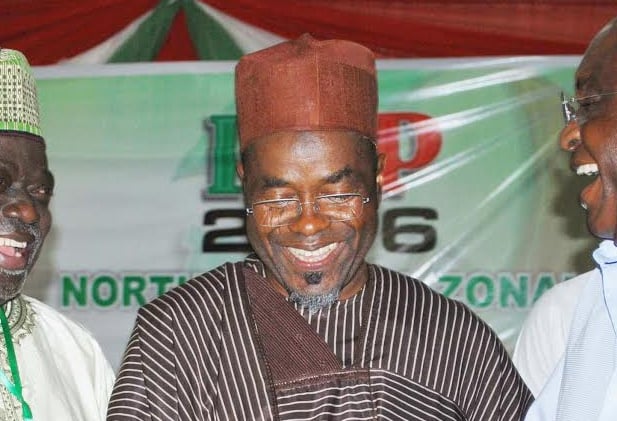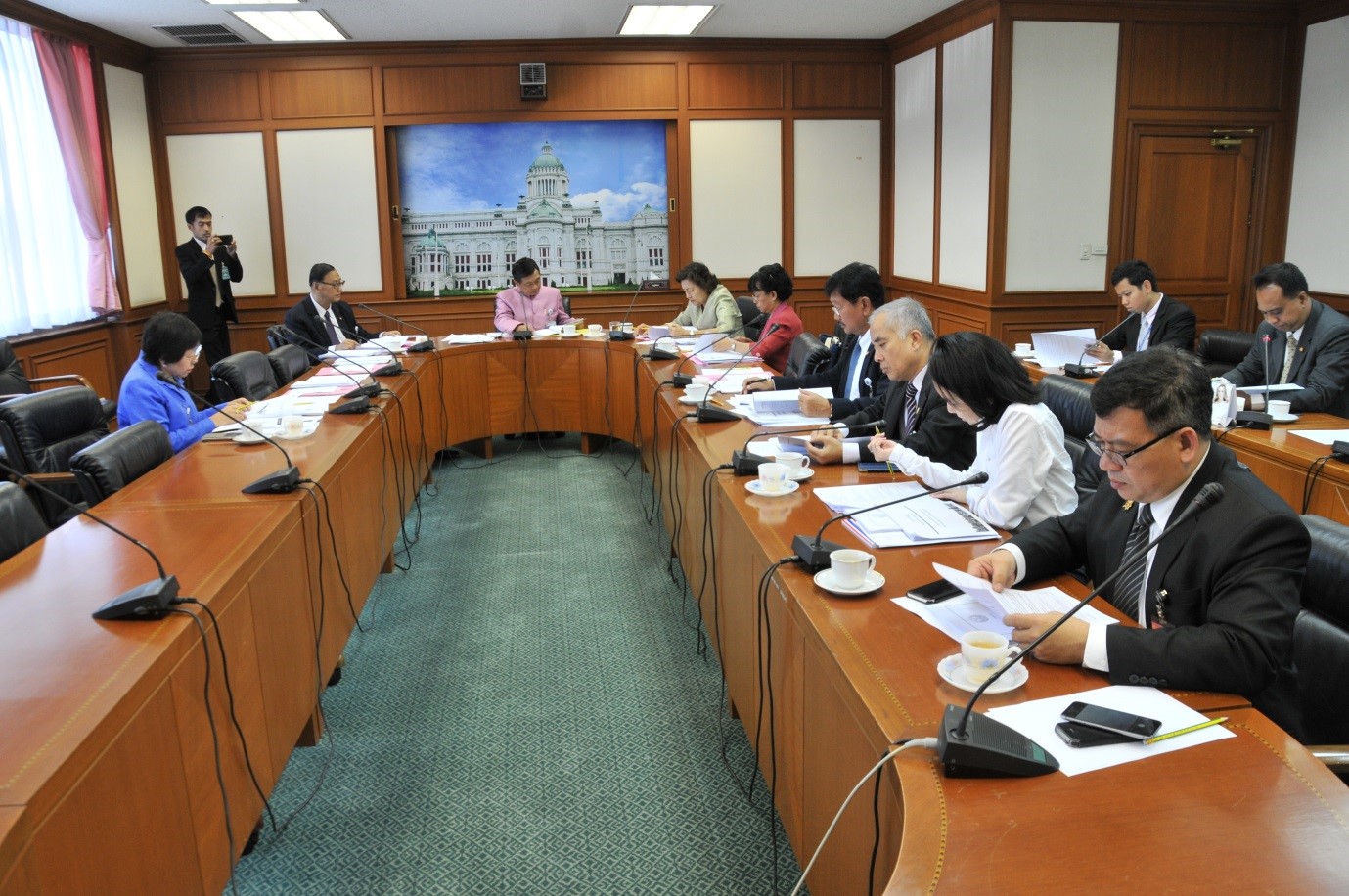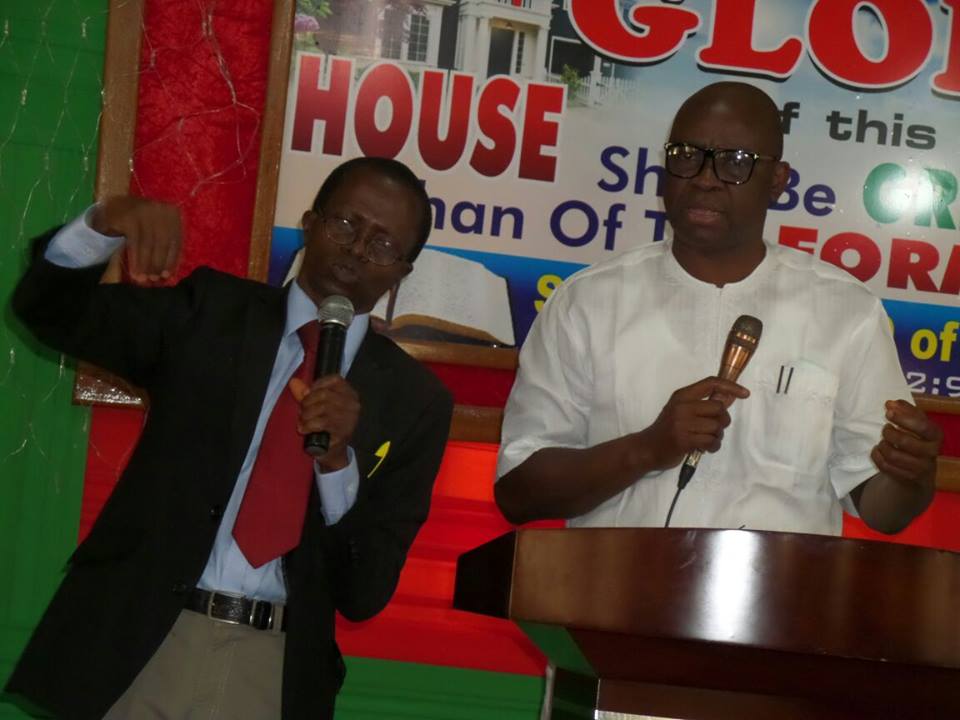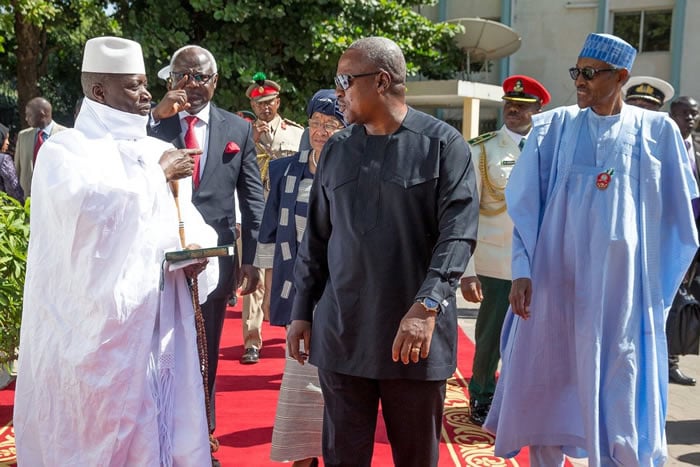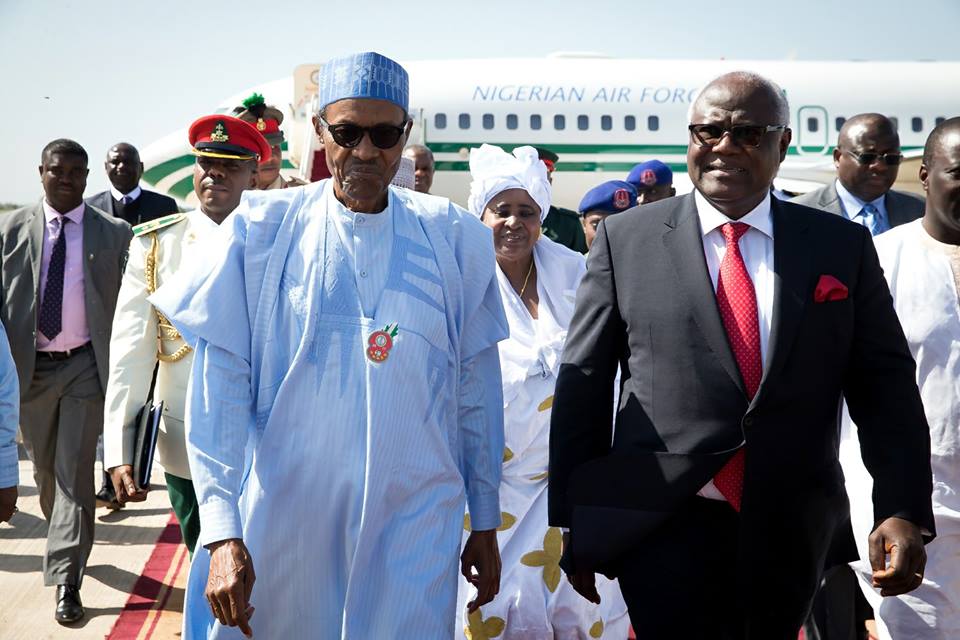Abdulkadir Kure, former governor of Niger state who died in a German hospital on Sunday, was never given to political correctness. He was a fierce fighter, an advocate of Sharia, an opponent of resource control and a believer in northern solidarity. And an ardent member of the Peoples Democratic Party (PDP), you may add.
Elected governor in 1999 under the umbrella of PDP, he was the second governor to introduce Sharia in Nigeria, and he robustly defended his decision, reminding the then President Olusegun Obasanjo that he was wrong to declare it illegal – only a court could say so, Kure maintained.
Not so long after that, the Niger Delta revved up its agitation for resource control – by which it was understood that the region wanted to corner all the revenue coming from oil. Kure was opposed to it and warned that the north too was capable of “creating problems” for Nigeria if provoked. By that, he appeared to suggest two things – that his region could plunge the nation into darkness (Niger state plays hosts to several dams generating power) and hunger (the north was more arable, he warned).
Speaking to TELL in its April 16, 2001 edition with the cover title, “We Can Create Problem for Nigeria,” Kure said resource control agitation was an interesting challenge for the north. He said the north had the capacity to inflict pain on the whole country.
Advertisement
“One act of ours will make this country know that every segment is important. One single act that will not take us five minutes will make the people in Lagos to know that there is Niger State, and make those in the (Presidential) Villa know that there is Niger State,” he said.
“Our lands are more fertile than in the South. It is easier to crop in the savannah area than in the thick forest, and animals prosper more in the dry areas than in the thick forest and so on,” he further said.
The PDP Loyalist
Kure was a staunch member of the party, a member of the board of trustee. His loyalty to the party was unflinching and he never shied away from advocating the cause of the party at all levels.
Advertisement
During the flag off of the local government election campaign almost exactly a year from his death, precisely January 12, 2016, Kure campaigned for his party using all know pathos strategies, including admitting that PDP had wronged Niger state.
“We apologise for our wrong doings; we have learnt our lessons as a political party that wanted to rule for 60 years. I can foresee relief of hardship in the nearest future, if you people are ready to give the PDP another chance in the forthcoming local government elections,” Kure had said to a not so enthusiastic crowd in Kontagora, Niger state.
“We know the PDP disappointed the people as a political party, but it has also learnt its lessons.” The statement set the tone of the party’s campaign during the run-up to the elections.
But that was not his only show of loyalty. Kure was one of the PDP members who did not publicly consider moving to the All Progressives Congress (APC) in the heat of the exodus of PDP members to the APC.
Advertisement
As the party became more troubled after it lost the presidential and several governorship elections in 2015, Kure’s faith in the party seemed not to diminish.
On several occasions, the former governor expressed optimism that the PDP will rise again. He said PDP did not lose to APC but lost to PDP.
“It was PDP that defeated PDP in 2015 elections in Niger State, not the APC,” he had said.
“It was due to internal problems in our party, but we have learned our lessons. With unity, we will conquer the government in power.”
Advertisement
At the national level, he held this same sentiment. In October 2016, when PDP elders and stakeholders from Niger north senatorial zone of the state paid him a courtesy visit, he said to them, “PDP defeated PDP” in the 2015 elections giving rise to what he called the “worst economic situation in the 56 years of the country’s existence.”
“All the PDP members who left the party and ensured the party lost the 2015 general election are not comfortable where they are today. They are not finding things easy at the moment,” he said.
Advertisement
He led various conciliatory processes in the party that has become factionalised with one part led by Ahmed Makarfi and the other led by Ali Modu Sheriff.
Before his death, he constantly rooted for the party, telling anyone who cared to listen that his party will rise again because reconciliation moves were “beginning to yield results”.
Advertisement
He was part of the strategy review and inter-party affairs committee. Kure believed that the “party will come out of the current crisis stronger and better.” He said all the elders of the party had agreed to “avoid the type of crisis that led to it loss in the 2015 general election.
“PDP will soon take its rightful place in the politics of the country,” he said.
Advertisement
He did not live to see this happen.
CONTROVERSIAL GOVERNOR?
In January 2000, Kure announced plans to introduce Sharia law in Niger state. He wasted no time about this and in February, sent a bill to the Niger state assembly that made the bill into law. In May 2000, Kure led his state to become the second (after Zamfara) in Nigeria to introduce the Sharia Islamic law amidst the opposition of the state’s Christian community who thought it was not a spiritual move, but a political one aimed at marginalising Christians.
Kure, not known to bend his stance, gave no ears to criticisms and labelled them “unmerited criticisms”. In fact, he went on to defend his decision. He said the population had the right to choose “democratically” the kind of society it wanted and he assumed that the people of Niger, wanted the Sharia law.
“Muslims have unqualified rights to live their lives in accordance with the tenets of their religion,” Kure had said in defence of his decision.
“Expanding the scope of Sharia law is to ensure that the approach achieves a significant improvement in the spiritual and economic life of our people.”
And on July 10, 2001, the Niger state house of assembly enacted a law that established the Zakat and endowments that Kure signed in to law on September 3, 2001 — the same day members of the board took oath of office.
The Christians criticised Kure heavily for being anti-Christian and generally putting the welfare of Muslims in the state above the needs of other citizens. The state had the Niger State Liquor Control Board, the Niger State Preaching Board, and the Niger State Muslims Welfare Board, all of which collectively work to ensure the implementation of sharia law in the state.
Kure was married to Zainab Abdulkadir Kure, a former civil servant and, since 2007, a member of the Nigerian senate. They have two daughters and four sons.
